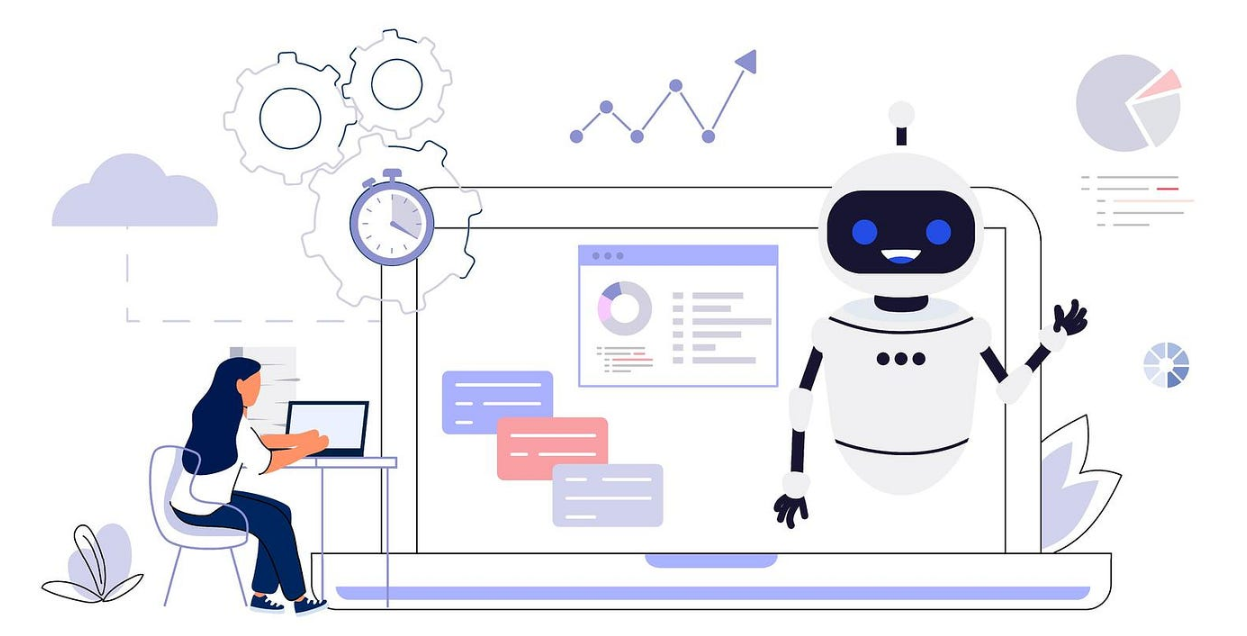Artificial intelligence has quickly become one of the most talked-about technological advancements of the 21st century. From personal assistants on our smartphones to self-driving cars, AI is already changing the way we live and work. However, implementing the right AI solutions for business can be the difference between success and failure.
Identify the Problem
The first step in selecting the right Machine learning solution is to identify the problem that needs to be solved. AI can solve various problems, but it’s important to narrow down the specific issues that need to be addressed. This can be achieved by examining business processes, identifying bottlenecks, and looking for areas where automation and machine learning can make a difference.
Consider the Data
Data is the lifeblood of AI. Without data, AI cannot learn and improve. Therefore, it’s important to consider the type and volume of data that will be used in the AI guide. Is the data clean and accurate? Is it structured or unstructured? Will the AI resolution need to process large amounts of data in real-time? Answering these questions will help determine the type of Machine learning solution that is needed.
Choose the Right Type of AI
There are three types of AI that businesses can implement: rule-based, machine learning, and deep learning. Rule-based AI is the simplest type and works by following pre-determined rules. Machine learning, on the other hand, allows an AI system to learn from data and improve over time.
Finally, deep learning is the most complex kind of AI, and it mimics the human brain by using neural networks to learn and improve. Choosing the exact AI depends on the problem that needs to be solved, the type of data that will be used, and the complexity of the solution.
Consider the Costs
AI solutions can be expensive, and it’s important to consider the costs before implementing an AI system. The costs of AI strategy consulting can depend on several factors, including the type of Artificial Intelligence, the amount of data that needs to be processed, and the complexity of the solution. It’s important to weigh the costs against the potential benefits that the smart solution can provide and determine whether the investment is worth it.
Conclusion
AI solutions can provide businesses with significant growth and efficiency advantages, but choosing the right AI solutions for business is critical. By identifying the problem that needs to be solved, considering the data, evaluating the costs, and evaluating the vendor, businesses can make an informed decision about which smart solution is right for them.

